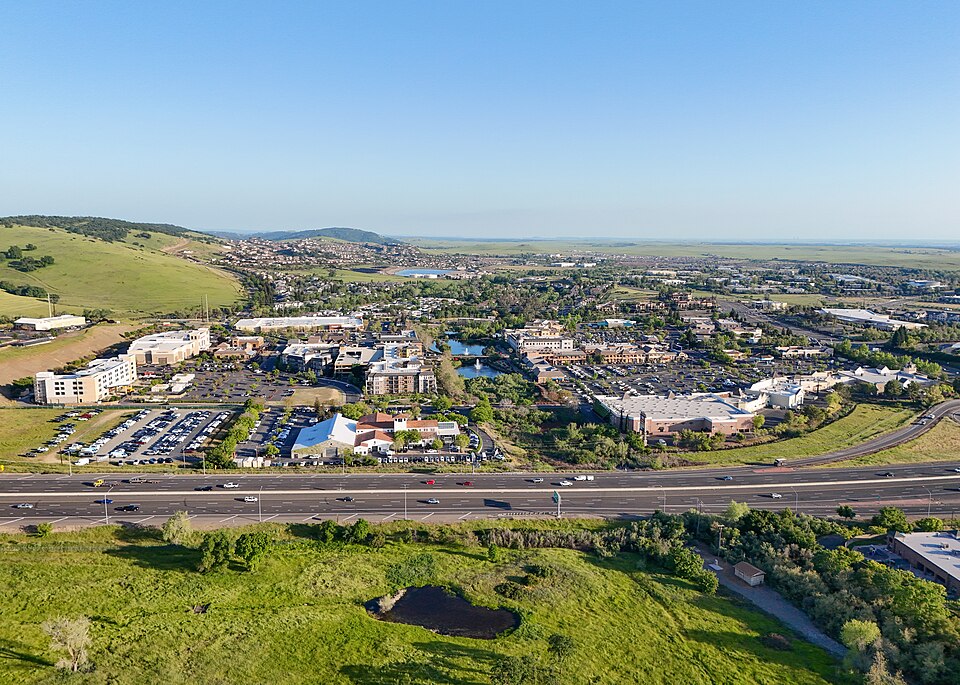The claims
Cityhood proponents claim that the political process in El Dorado Hills is broken. They claim that we lack local control and that incorporation is the only way we can control zoning and land use. They complain that El Dorado Hills is the “cash cow” for El Dorado County and that our local tax dollars are being spent against our wishes. They believe that by becoming a city, city residents will have full control over issues such as police protection, zoning, and keeping our tax dollars local
But is it really that bad?
True, the County Board of Supervisors make the decisions that affect El Dorado Hills and we probably pay out more in taxes than we receive in services, but is that really impacting the quality of life in El Dorado Hills? We have low crime, great neighborhoods, good streets, and abundant parks with open space. We usually get our way with zoning decisions such as the Old Executive Golf Course and Gateway Project.
Cityhood is not the solution
Even if issues exist, incorporation is not the magic solution. Pending determination of final city boundaries, the limits of incorporation encompass three County Supervisor’s Districts. District 1 is fully within the proposed city limits, the city limits south of Highway 50 includes a portion of District 2, and District 4 includes a tiny slice of the proposed city along Malcolm Dixon Road.1 So even without incorporation, the potential exists for residents to influence a majority of the El Dorado County Board of Supervisors. Perhaps a political action committee would offer an effective method to address any perceived issues.
Cityhood is expensive
We’ll cover specifics in future blog posts, but the costs of forming and maintaining a city are far higher than the cityhood proponents claim. There are two cities in El Dorado County. Placerville has a one cent sales tax and South Lake Tahoe has a one and a half cent sales tax. Two nearby cities, Elk Grove and Rancho Cordova both have a one cent sales tax.2 Folsom voters recently rejected Measure G, a ballot measure to impose a one cent sales tax in Folsom. The city’s five-year projection predicts a $5.25 million annual structural deficit by FY 2029-30.3 Yet cityhood proponents somehow believe that the City of El Dorado Hills will be immune from these budget shortfalls. There is no reason to believe that our situation would be any different than other California cities. The City of El Dorado Hills will require additional sales or property taxes in order to maintain current adequate municipal service levels.
Cityhood means more bureaucracy
At a time when the Federal Government is eliminating departments and agencies to reduce the Federal workforce and, El Dorado Hills is moving in the opposite direction. The City of El Dorado Hills adds an additional layer of government including a City Council, City Manager, City Clerk, and City Attorney. The cityhood proposal also includes a planning department, code enforcement, and perhaps an economic development department.4 While the city will take over these functions from the County, the County offices will remain and may retain some jurisdiction in these areas. As these functions are transitioned from the experienced County civil servants to new city offices staffed by new hires, there is bound to be some bureaucratic growing pains.
- Supervisors Districts https://see-eldorado.edcgov.us/SupervisorDistricts/
- California City & County Sales & Use Tax Rates https://www.cdtfa.ca.gov/taxes-and-fees/rates.aspx
- City of Folsom News https://www.folsom.ca.us/Home/Components/News/News/3614/211
- El Dorado Hills Community Services District Preliminary Comprehensive Fiscal Analysis (PCFA) pp. 16-20
